- Home
- Nora Roberts
Without A Trace
Without A Trace Read online
Prologue
Contents - Next
"Pick up the beat on the intro, Tracey boy, you're dragging it."
Frank O'Hurley stood on his mark, stage right, and prepared to go through his opening routine again. The three-night run in Terre Haute might not be the highlight of his career, and it certainly wasn't the apex of his dreams, but he was going to give the audience their money's worth. Every two-bit gig was a dress rehearsal for the big break.
He counted off the beat, then swung into the routine with the enthusiasm of a man half his age. The calendar might put Frank's age at forty, but his feet would always be sixteen.
He'd written the little novelty number himself, with the wide-eyed hope that it would become the O'Hurley trademark. At the piano, his oldest child and only son tried to put some life into a melody he'd played too many times to count—and dreamed of other things and other places.
On cue, his mother spun onstage with his father. Even after endless routines, endless theaters, Trace still felt a tug of affection for them. Just as, after endless routines, endless theaters, he felt what had become a familiar tug of frustration.
Would he always be here, beating out a second rate tune on a second-rate piano, trying to fill his father's big dreams that hadn't a hope in hell of coming true?
As she'd been doing most of her life, Molly matched her steps to Frank's. She could have done the number blindfold. As it was, while she dipped, spun and double-stepped, her mind was more on her son than her timing.
The boy wasn't happy, she thought. And he wasn't a child any longer. He was on the brink of manhood and straining to go his own way. It was that single fact, she knew, that terrified Frank to the point that he refused to acknowledge it.
The arguments had become more frequent, more heated. Soon, she thought, all too soon, something was going to explode, and she might not be able to pick up all the pieces.
Kick, ball change, dip, and her three daughters tapped onto the stage. With her heart close to Frank's, Molly could feel him swell with pride. She would hate for him to lose that pride or the hope that kept him the youthful dreamer she'd fallen in love with.
As Molly and Frank moved offstage, the routine eased smoothly into the opening song. The O'Hurley Triplets—Chantel, Abby and Maddy—launched into three-part harmony as if they'd been born singing.
They practically had, Molly thought. But, like Trace, they weren't children any longer. Chantel was already using her wit and her wiles to fascinate the men in the audience. Abby, steady and quiet, was just marking time. And it wouldn't be long before they lost Maddy. As a mother, Molly felt both pride and regret at the thought that her youngest had too much talent to remain part of a roving troupe for long.
Yet it was Trace who concerned her now. He sat at the scarred piano in the dingy little club, his mind a thousand miles away. She'd seen the brochures he collected. Pictures and stories on places like Zanzibar, New Guinea, Mazatlán. Sometimes, on the long train or bus rides from city to city, Trace would talk of the mosques and caverns and mountains he wanted to see.
And Frank would brush those dreams off like dust, desperately clinging to his own—and to his son.
"Not bad, darlings." Frank bounced back to center stage to give each of his daughters a hug. "Trace, your mind's not on the music. You need to pump some life into it."
"There hasn't been any life in that number since Des Moines."
A few months before, Frank would have chuckled and rubbed a hand over his son's hair. But now he felt the sting of criticism, man to man. His chin came up to a stubborn point. "Nothing wrong with the song and never has been. It's your playing that's lacking. You lost tempo twice. I'm tired of you sulking over the keys."
Playing peacemaker, Abby stepped between her father and brother. The growing tension had been keeping the family on edge for weeks. "We're all a little tired, I think."
"I can speak for myself, Abby." Trace pushed away from the piano. "No one's sulking at the keys."
"Hah!" Frank brushed Molly's restraining hand away. Lord, the boy was tall, Frank thought. Tall and straight and almost a stranger. But Frank O'Hurley was still in charge, and it was time his son remembered it. "You've been in a black mood since I told you I wouldn't have a son of mine harking off to Hong Kong or God knows where like some Gypsy. Your place is here, with your family. Your responsibility is to the troupe."
"It's not my damn responsibility."
Frank's eyes narrowed. "Watch your tone, boy-o, you're not so big I can't take you down."
"It's time somebody took that tone with you," Trace went on, spewing out everything he'd held back for too long. "Year after year we play second-rate songs in second-rate clubs."
"Trace." Maddy said it quietly, adding a pleading look. "Don't."
"Don't what?" he demanded. "Don't tell him the truth? God knows he won't hear it anyway, but I'll have my say. The three of you and Ma have protected him from it long enough."
"Temper tantrums are so boring," Chantel said lazily, though her nerves were strung tight. "Why don't we all break to neutral corners?"
"No." Quivering with indignation, Frank stepped away from his daughters. "Go on, then, have your say."
"I'm tired of riding a bus to nowhere, of pretending the next stop's the brass ring. You drag us from town to town, year after year."
"Drag you?" Frank's face flushed with fury. "Is that what I'm doing?"
"No." Molly stepped forward, her eyes on her son. "No, it's not. We've all of us gone willing, because it was what we wanted. If one of us doesn't want it, he has a right to say so, but not to be cruel."
"He doesn't listen!" Trace shouted. "He doesn't care what I want or don't want. I've told you. I've told you," he rounded on his father. "Every time I try to talk to you, all I get is how we have to keep the family together, how the big break is right around the corner, when there's nothing around the corner but another lousy one-night stand in another two-bit club."
It was too close to the truth, too close to what would make him feel like a failure when all he'd wanted was to give his family the best and the brightest. Temper was the only weapon Frank had, and he used it.
"You're ungrateful and selfish and stupid. All my life I've worked to pave the way for you. To open doors so you could step through. Now it's not good enough."
Trace felt tears of frustration bum his eyes, but didn't back down. "No, it's not good enough, because I don't want to walk through your doors. I want something else, I want something more, but you're so wrapped up in your own hopeless dream you can't see that I hate it. And that the more you push me to follow your dream instead of my own, the closer I come to hating you."
Trace hadn't meant to say that, and shocked himself speechless with his own bitter words. Before his stunned eyes, his father paled, aged and seemed to shrivel. If he could have taken the words back, he might have tried. But it was too late.
"Take your dream, then," Frank said in a voice rough with emotion. "Go where it takes you. But don't come back, Trace O'Hurley. Don't come back to me when it leaves you cold. There'll be no killing of the fatted calf for you."
He strode off, stage left.
"He didn't mean it," Abby said quickly, taking Trace's arm. "You know he didn't."
"Neither of them did." Her own eyes welling, Maddy looked helplessly at her mother.
"Everyone just needs to cool off." Even with her flair for the dramatic, Chantel was shaken. "Come on, Trace, we'll go for a walk."
"No." With a little sigh, Molly shook her head. "You girls go on now, let me talk to Trace." She waited until they were alone, then, feeling old and tired, sat on the piano bench. "I know you've been unhappy," she said quietly.
"And that you've bottled things up. I sho
uld have done something about it."
"None of it's your fault."
"Mine as much as his, Trace. The things you said cut deep in him, and that won't heal for a while. I know some were said in temper, but others were true." She looked up, studying the face of her firstborn and only son. "I think it was true what you said about coming to hate him if he didn't let you go."
"Ma—"
"No. It was a hard thing to say, but harder if it came true. You want to go."
He opened his mouth, on the edge of caving in yet again. But the rage he had felt for his father was still too close, and it frightened him. "I have to go."
"Then do it." She stood again to put her hands on his shoulders. "And do it quick and clean, else he'll charm or shame you into staying and you'll never forgive him. Take your own road. We'll be here when you come back."
"I love you."
"I know. I want to keep it that way." She kissed him, then hurried away, knowing she had to hold off her own tears until she had comforted her husband.
That night, Trace packed his belongings—clothes, a harmonica, and dozens of brochures. He left a note that said simply, "I'll write." He had $327.00 in his pocket when he walked out of the motel and stuck out his thumb.
Chapter One
Contents - Prev | Next
The whiskey was cheap and had the bite of an angry woman. Trace sucked air through his teeth and waited to die. When he didn't, he poured a second shot from the bottle, tipped back in his chair and watched the open expanse of the Gulf of Mexico. Behind him, the little cantina was gearing up for the evening's business. Frijoles and enchiladas were frying in the kitchen. The smell of onions was coming on strong, competing with the odors of liquor and stale tobacco. The conversations were in rapid-fire Spanish that Trace understood and ignored.
He didn't want company. He wanted the whiskey and the water.
The sun was a red ball over the Gulf. There were low-lying clouds shimmering with pinks and golds. The fire of the whiskey was settling into a nice, comfortable heat in the pit of his stomach. Trace O'Hurley was on vacation, and by God he was going to enjoy it.
The States was only a short plane ride away. He'd stopped thinking of them as home years before—or at least he'd convinced himself he had. It had been twelve years since he'd sailed out of San Francisco, a young, idealistic man riddled with guilt, driven by dreams. He'd seen Hong Kong, and Singapore. For a year he'd traveled the Orient, living by his wits and the talent he'd inherited from his parents. He'd played in hotel lounges and strip joints at night and soaked up the foreign sights and smells by day.
Then there had been Tokyo. He'd played American music in a seedy little club with the idea of making his way across Asia.
It had simply been a matter of being in the right place at the right time. Or, as Trace thought when he was feeling churlish, the wrong place at the wrong time. A barroom brawl was a common enough occurrence. Frank O'Hurley had taught his son more than how to keep the beat. Trace knew when to swing and when to retreat.
He hadn't started out with the intention of saving Charlie Forrester's life. And he certainly hadn't known that Forrester was an American agent.
Fate, Trace thought now as he watched the red sun sinking closer to the horizon. It was fate that had caused him to deflect the knife meant for Charlie's heart. And it was fate and its wily ways that had embroiled him in the grim game of espionage. Trace had indeed made his way across Asia, and beyond. But he'd been bankrolled by the International Security System.
Now Charlie was dead. Trace poured himself another shot and drank a toast to his friend and mentor. It wasn't an assassin's bullet or a knife in a dark alley that had gotten him, but a stroke. Charlie's body had simply decided his time was up.
So Trace O'Hurley sat in a little dive on the Mexican coast and held his own wake.
The funeral was in fourteen hours in Chicago. Because he wasn't ready to cross the Rio Grande, Trace would stay in Mexico, drink to his old friend and contemplate life. Charlie would understand, Trace decided as he stretched out long legs clad in dingy khaki. Charlie had never been one for ceremony. Just do the job, have a drink and get on with the next one.
Trace pulled out a crushed pack of cigarettes and searched in the pocket of his dirt-streaked shirt for a match. His hands were long and wide palmed. At ten he'd dreamed of becoming a concert pianist. But he'd dreamed of becoming many things. A battered bush hat shadowed his face as he struck the match and touched it to the end of the cigarette.
He was very tanned, because his last job had kept him outdoors. His hair was thick and, because he hadn't bothered to have it trimmed, long enough to curl beyond the hat in dark blond disarray. His face was damp from the heat, and lean. There was a scar, small and white, along the left side of his jaw—an encounter with a broken bottle. His nose had been slightly out of alignment ever since he'd been sixteen. A fight over a girl's honor—or lack thereof.
His body was on the lanky side at the moment, due to a prolonged hospital stay. The last bullet he'd taken had nearly killed him. Even without the whiskey and the grief, he had a dangerous look. The bones were prominent, the eyes intense. Even now, when he was on his own time, they made occasional sweeps of the room.
He hadn't shaved in three days, and his beard was rough enough to give his mouth a surly look. The waiter was happy to leave him with his bottle and his solitude.
As dusk fell, the sky became quieter, and the cantina noisier. A radio played Mexican music interrupted by occasional bursts of static. Someone broke a glass. Two men started to argue about fishing, politics and women. Trace poured another shot.
He saw her the minute she walked in. Old habits had his eye on the door. Training had him taking in the details without seeming to look at all. A tourist who'd made a wrong turn, he thought as he took in the ivory skin dashed with freckles that went with her red hair. She'd burn to a crisp after an hour under the Yucatan sun. A pity, he thought mildly, and went back to his drink.
He'd expected her to back out the moment she realized the type of place she'd wandered into. Instead, she went up to the bar. Trace crossed his ankles and whiled away the time by studying her.
Her white slacks were spotless despite the dusty heat of the day. She wore them with a purple shirt that was loose enough to be cool. Even so, he noted that she was slender, with enough curve to give the baggy slacks some style. Her hair, almost the color of the setting sun, was caught back in a braid, but her face was turned away, so he could see only her profile. Classic, he decided without much interest. Cameo style. The champagne-and-caviar type.
He tossed back the rest of the drink and decided to get very drunk—for Charlie's sake.
He'd just lifted the bottle when the woman turned and looked directly at him. From the shadow of his hat, Trace met the look. Tensed, he continued to pour as she crossed the room toward him.
"Mr. O'Hurley?"
His brow lifted only slightly at the accent. It had a trace of Ireland, the same trace his father's had taken on in anger or in joy. He sipped his whiskey and said nothing.
"You are Trace O'Hurley?"
There was a hint of nerves in the voice, as well, he noted. And, close up, he could see smudges of shadows under what were extraordinary green eyes. Her lips pressed together. Her fingers twisted on the handle of the canvas bag slung over her shoulder. Trace set the whiskey down and realized he was just a bit too drank to be annoyed.
"Might be. Why?"
"I was told you'd be in Merida. I've been looking for you for two days." And he was anything but what she'd expected. If she wasn't so desperate, she'd already have fled. His clothes were dirty, he smelled of whiskey, and he looked like a man who could peel the skin off you without drawing blood. She pulled in a deep breath and decided to take her chances. "May I sit down?"
With a shrug, Trace kicked a chair back from the table. An agent—from either side—would have approached him differently. "Suit yourself."
She wrapped her finger
s around the back of the chair and wondered why her father believed this crude drunkard was the answer. But her legs weren't as steady as they might be, so she sat down. "It's very important that I speak with you. Privately."
Trace looked beyond her to the cantina. It was crowded now, and getting noisier by the minute. "This'll do. Now why don't you tell me who you are, how you knew I'd be in Merida, and what the hell you want?"
She linked her fingers together because they were trembling. "I'm Dr. Fitzpatrick. Dr. Gillian Fitzpatrick. Charles Forrester told me where you were, and I want you to save my brother's life."
Trace kept his eyes on her as he lifted the bottle. His voice was quiet and flat. "Charlie's dead."
"I know." She thought she'd glimpsed something, some flash of humanity, in his eyes. It was gone now, but Gillian still responded to it. "I'm sorry. I understand you were close."
"I'd like to know how you understand anything or why you expect me to believe Charlie would have told you where to find me."
Gillian wiped a damp palm over the thigh of her slacks before reaching into her bag. In silence, she handed a sealed envelope to him.
Something told Trace he'd be better off not taking it. He should get up, walk out and lose himself in the warm Mexican night. It was only because she'd mentioned Charlie that he broke the seal and read the note inside.
Charlie had used the code they'd communicated with during their last assignment. As always, he'd kept the message brief: "Listen to the lady. No involvement with the organization at this time. Contact me."
Of course, there was no way to contact Charlie now, Trace thought as he folded the letter again. With the feeling that, even dead, Charlie was still guiding his moves, he looked at the woman again. "Explain."
"Mr. Forrester was a friend of my father's. I didn't know him well myself. I was away a lot. About fifteen years ago they worked together on a project known as Horizon."
Trace pushed the bottle aside. Vacation or not, he couldn't afford to dull his senses any further. "What's your father's name?"
"Sean. Dr. Sean Brady Fitzpatrick."
He knew the name. He knew the project. Fifteen years before, some of the top researchers and scientists in the world had been employed to develop a serum that would immunize man against the effects of ionizing radiation injury—one of the nastier side effects of nuclear war. The ISS had been in charge of security and had monitored and maintained the project. It had cost hundreds of millions, and it had been a whopping failure.
"You'd have been a kid."
"I was twelve." She jolted and turned around nervously when something crashed in the kitchen. "Of course,
I didn't know about the project then, but later…" The smell of onions and liquor was overpowering. She wanted to get up, wanted to walk along the beach, where the air would be warm and clear, but she forced herself to continue. "The project was dropped, but my father continued to work on it. He had other obligations, but whenever possible he resumed experimenting."
"Why? He wouldn't have been funded for it."
"My father believed in Horizon. The concept fascinated him, not as a defense, but as an answer to the insanity we're all aware exists. As to the money—well, m> father has reached a point where he can afford to indulge his beliefs."
Not only a scientist, but a rich scientist, Trace thought as he watched her from under the brim of his hat. And this one looked as if she'd gone to a tidy convent school in Switzerland. It was the posture that usually gave it away. No one taught proper posture like a nun.
"Goon."
"In any case, my father turned all his notes and findings over to my brother five years ago, after he suffered his first heart attack. For the past few years, my father has been too ill to continue intense laboratory work. And now…"
For a moment, Gillian closed her eyes. The terror and the traveling were taking their toll. As a scientist, she knew she needed food and rest. As a daughter, a sister, she had to finish. "Mr. O'Hurley, might I have a drink?"
Trace shoved both bottle and glass across the table. He was nibbling, but he wasn't ready to bite yet. She interested him, certainly, but he'd learned long ago that you could be interested and uninvolved.
She'd have preferred coffee or at the most, a snifter of warm brandy. She started to refuse the whiskey, but then caught the look in Trace's eye. So he was testing her. She was used to being tested. Her chin came up automatically. Her shoulders straightened. Steady, she poured a double shot and downed it in one swallow.
She drew in breath through a throat that felt as if it had been blowtorched. Blinking the moisture from her eyes, she let it out again. "Thank you."
The light of humor flashed in his eyes for the first time. "Don't mention it."
Hot and bitter though it was, the whiskey helped. "My father is very ill, Mr. O'Hurley. Too ill to travel. He contacted Mr. Forrester but was unable to fly to Chicago himself. I went to Mr. Forrester in his place, and Mr. Forrester sent me to you. I was told that you're the best man for the job."
Trace lit another cigarette. He figured he hadn't been the best man for anything since he'd lain bleeding in the dirt, a bullet two inches from his heart. "Which is?"

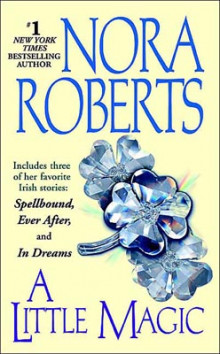 A Little Magic
A Little Magic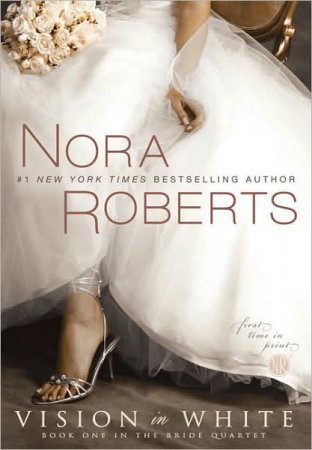 Vision in White
Vision in White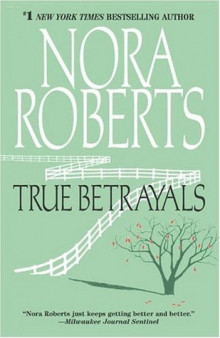 True Betrayals
True Betrayals The Next Always
The Next Always A Man for Amanda
A Man for Amanda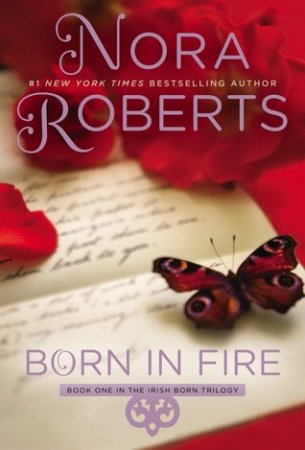 Born in Fire
Born in Fire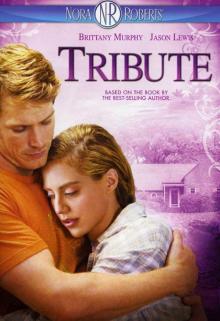 Tribute
Tribute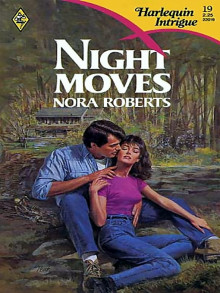 Night Moves
Night Moves Dance Upon the Air
Dance Upon the Air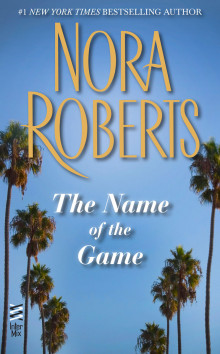 The Name of the Game
The Name of the Game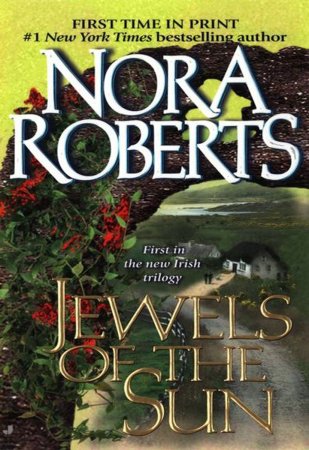 Jewels of the Sun
Jewels of the Sun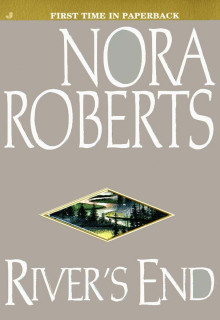 River's End
River's End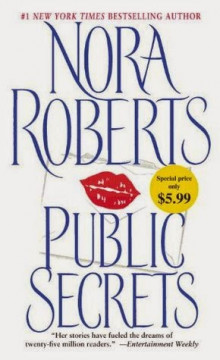 Public Secrets
Public Secrets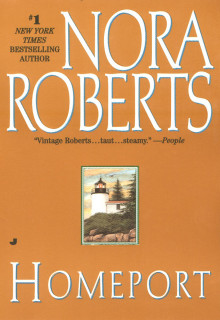 Homeport
Homeport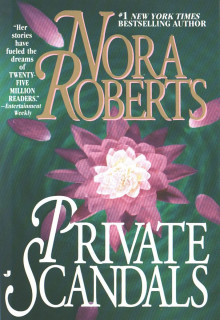 Private Scandals
Private Scandals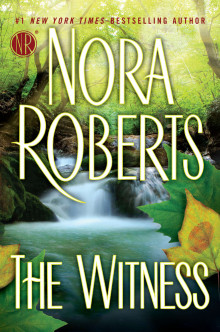 The Witness
The Witness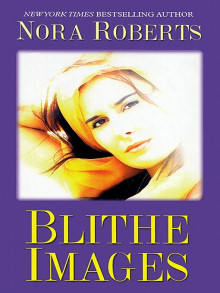 Blithe Images
Blithe Images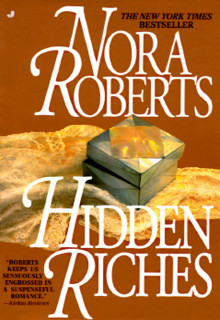 Hidden Riches
Hidden Riches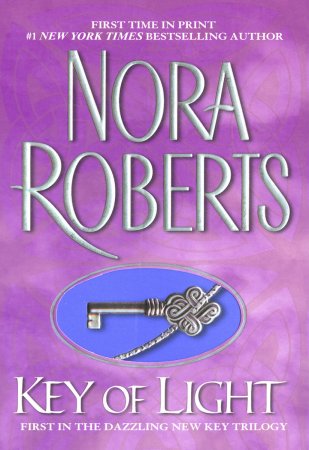 Key of Light
Key of Light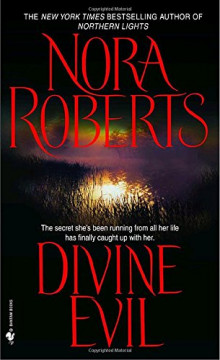 Divine Evil
Divine Evil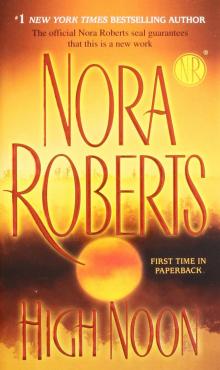 High Noon
High Noon Blue Dahlia
Blue Dahlia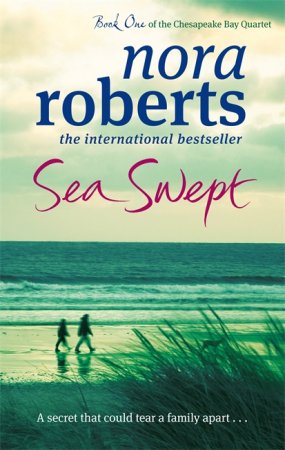 Sea Swept
Sea Swept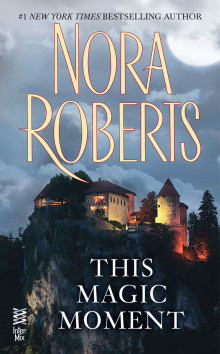 This Magic Moment
This Magic Moment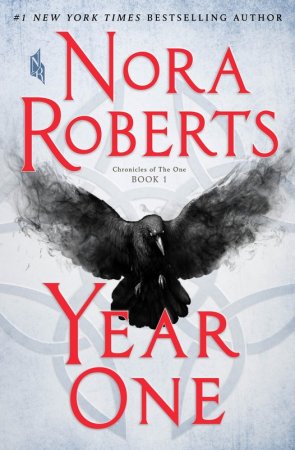 Year One
Year One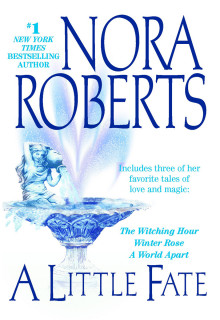 A Little Fate
A Little Fate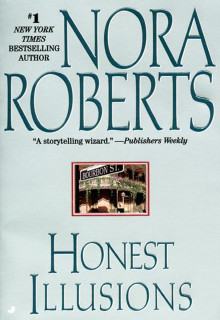 Honest Illusions
Honest Illusions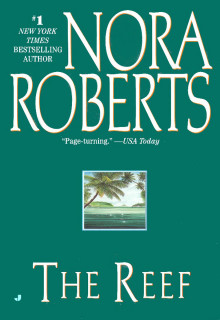 The Reef
The Reef Shelter in Place
Shelter in Place The Hollow
The Hollow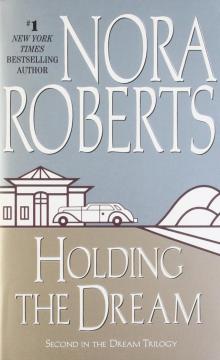 Holding the Dream
Holding the Dream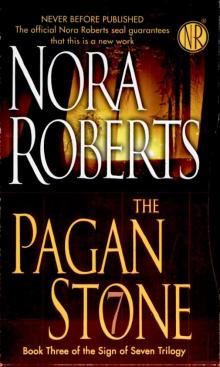 The Pagan Stone
The Pagan Stone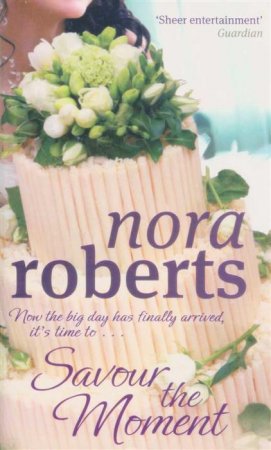 Savour the Moment
Savour the Moment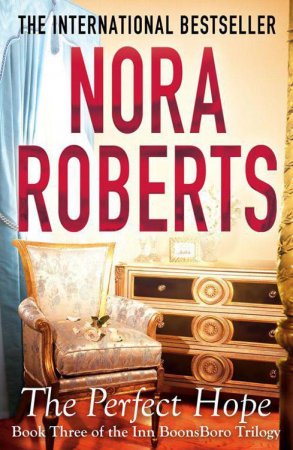 The Perfect Hope
The Perfect Hope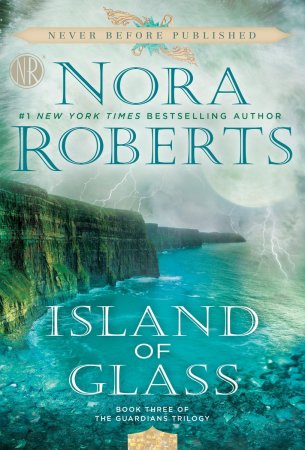 Island of Glass
Island of Glass Happy Ever After
Happy Ever After Bed of Roses
Bed of Roses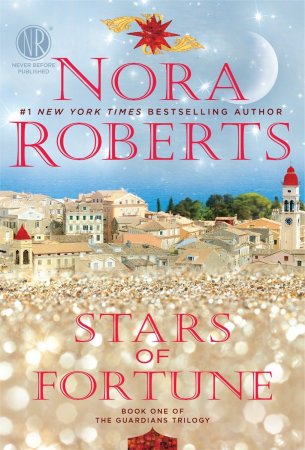 Stars of Fortune
Stars of Fortune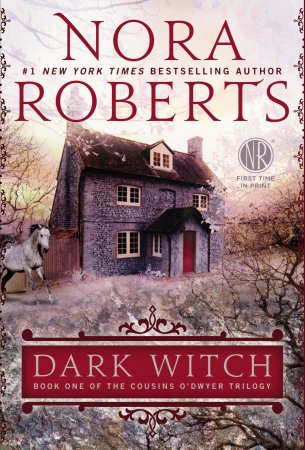 Dark Witch
Dark Witch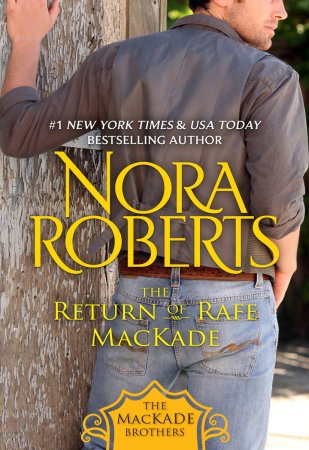 The Return of Rafe MacKade
The Return of Rafe MacKade Chesapeake Blue
Chesapeake Blue The Perfect Neighbor
The Perfect Neighbor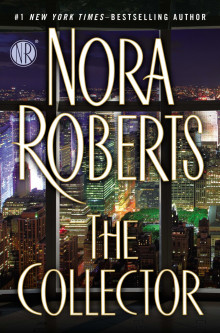 The Collector
The Collector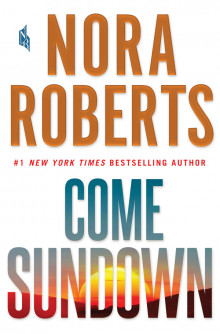 Come Sundown
Come Sundown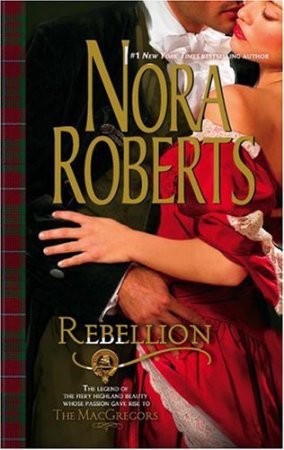 Rebellion
Rebellion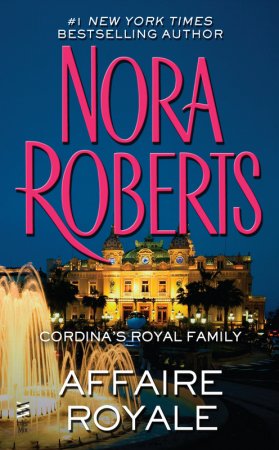 Affaire Royale
Affaire Royale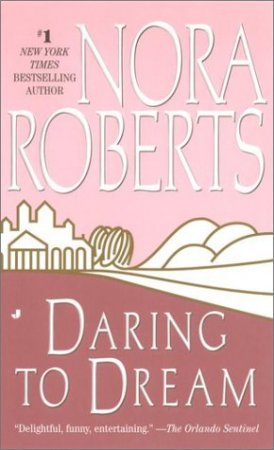 Daring to Dream
Daring to Dream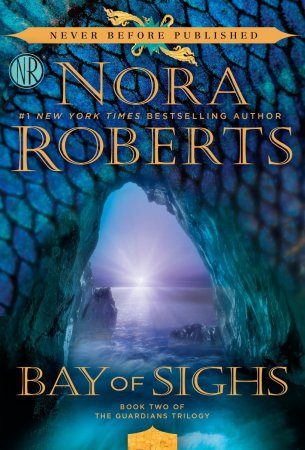 Bay of Sighs
Bay of Sighs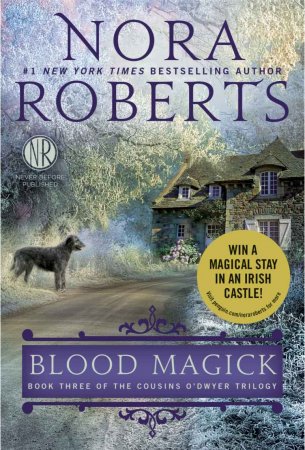 Blood Magick
Blood Magick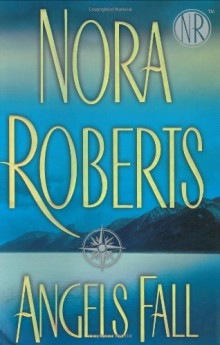 Angels Fall
Angels Fall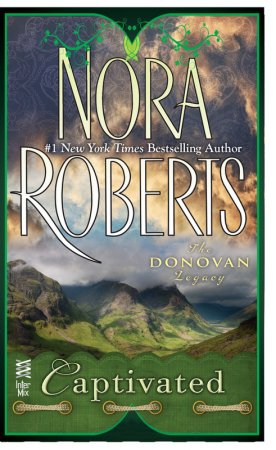 Captivated
Captivated The Last Boyfriend
The Last Boyfriend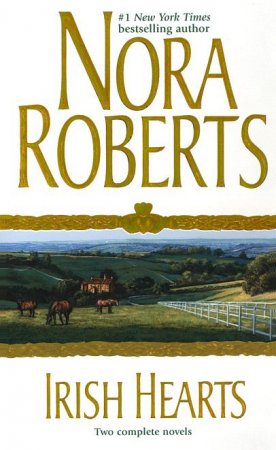 Irish Thoroughbred
Irish Thoroughbred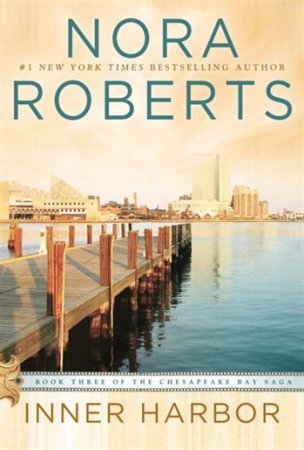 Inner Harbor
Inner Harbor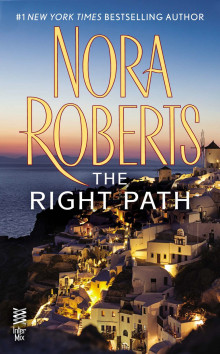 The Right Path
The Right Path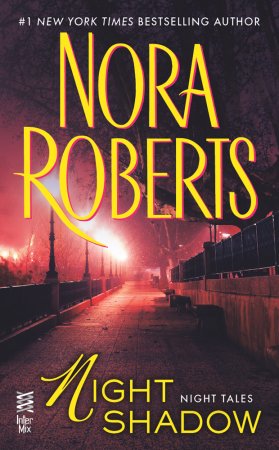 Night Shadow
Night Shadow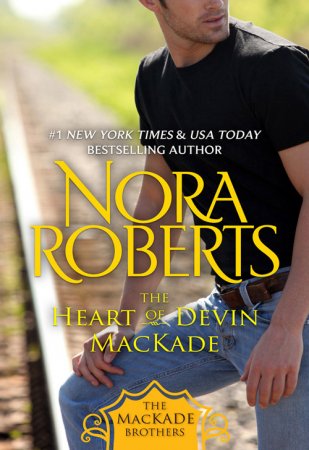 The Heart of Devin MacKade
The Heart of Devin MacKade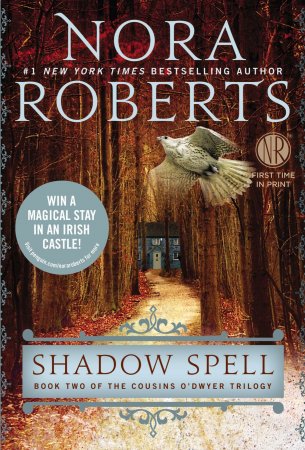 Shadow Spell
Shadow Spell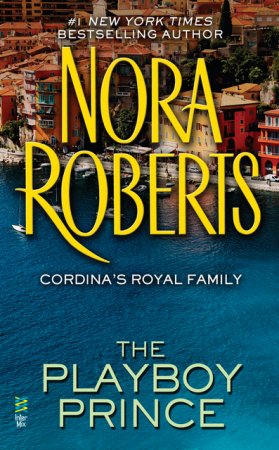 The Playboy Prince
The Playboy Prince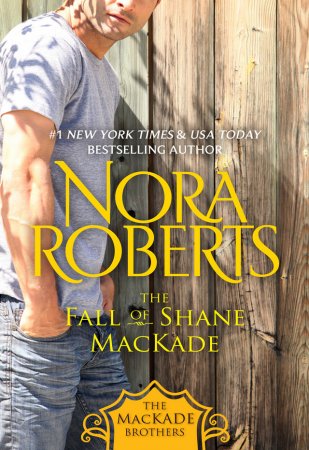 The Fall of Shane MacKade
The Fall of Shane MacKade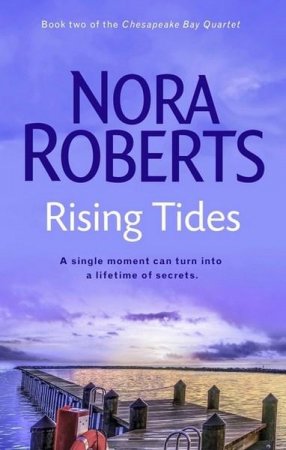 Rising Tides
Rising Tides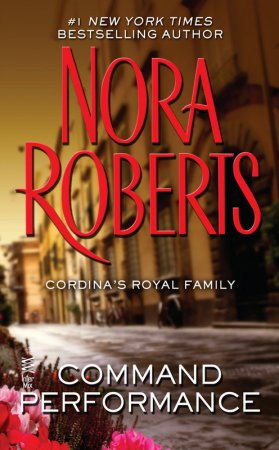 Command Performance
Command Performance Hidden Star
Hidden Star Cordina's Crown Jewel
Cordina's Crown Jewel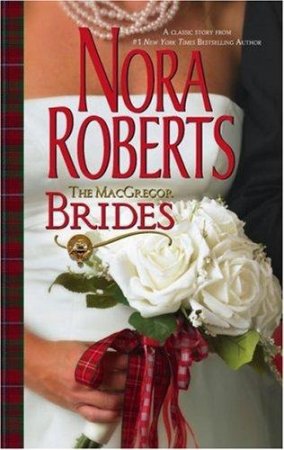 The MacGregor Brides
The MacGregor Brides The Pride of Jared MacKade
The Pride of Jared MacKade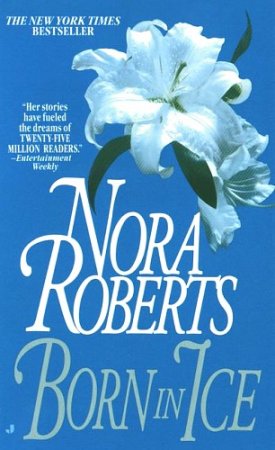 Born in Ice
Born in Ice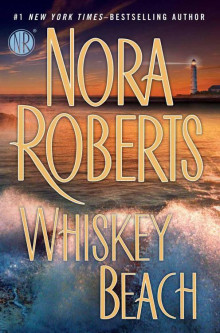 Whiskey Beach
Whiskey Beach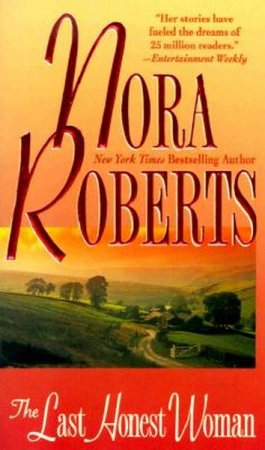 The Last Honest Woman
The Last Honest Woman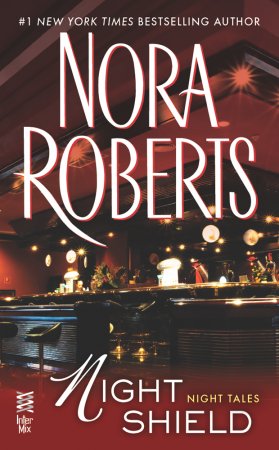 Night Shield
Night Shield Born in Shame
Born in Shame Secret Star
Secret Star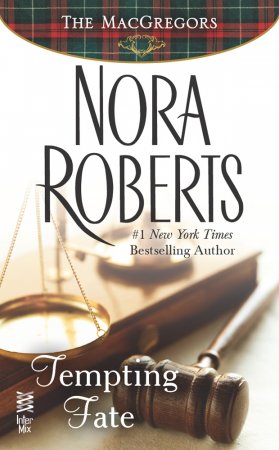 Tempting Fate
Tempting Fate Nightshade
Nightshade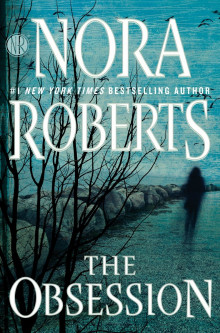 The Obsession
The Obsession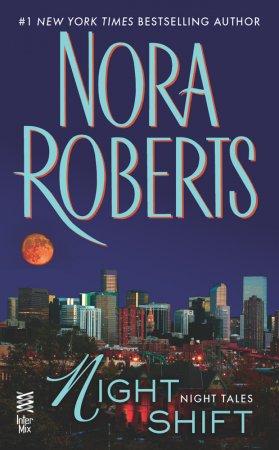 Night Shift
Night Shift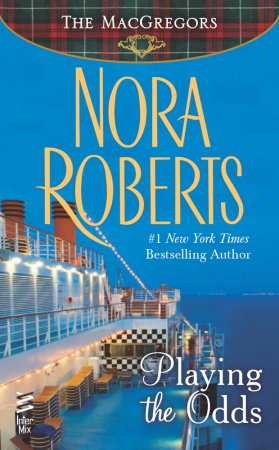 Playing The Odds
Playing The Odds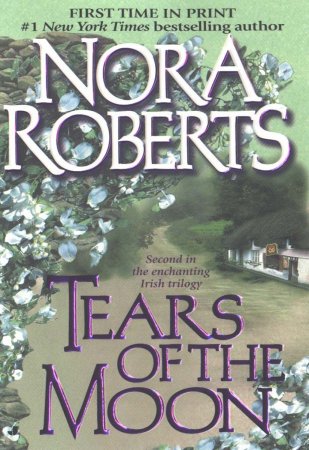 Tears of the Moon
Tears of the Moon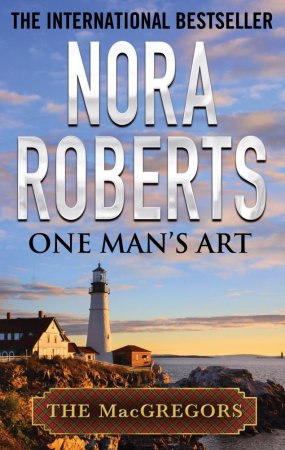 One Man's Art
One Man's Art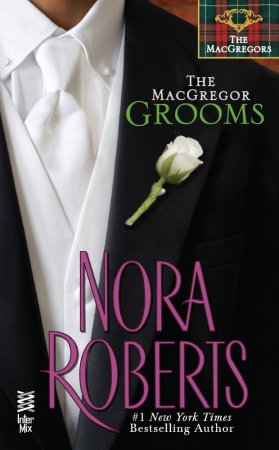 The MacGregor Groom
The MacGregor Groom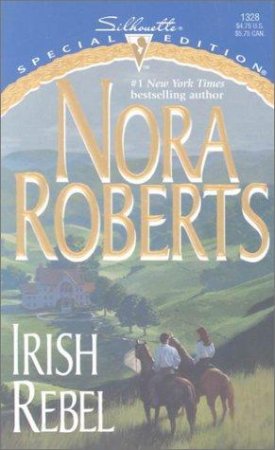 Irish Rebel
Irish Rebel Morrigan's Cross
Morrigan's Cross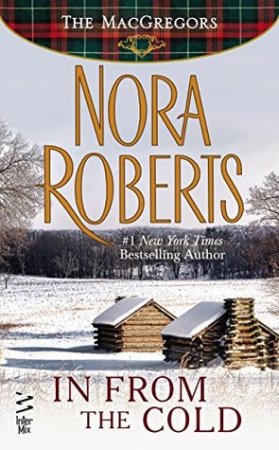 In From The Cold
In From The Cold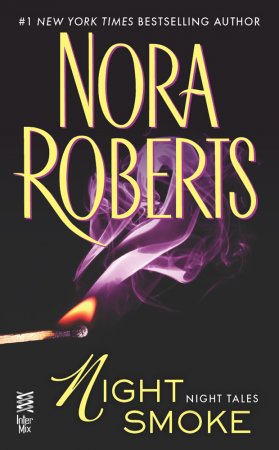 Night Smoke
Night Smoke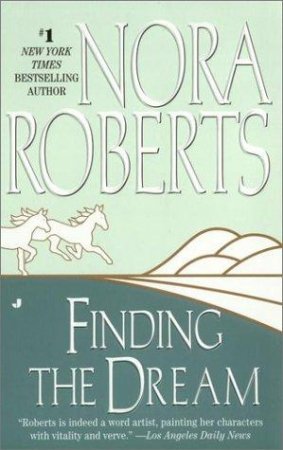 Finding the Dream
Finding the Dream Red Lily
Red Lily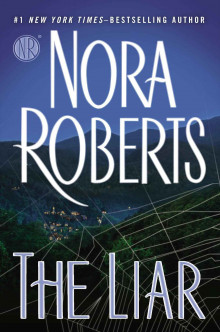 The Liar
The Liar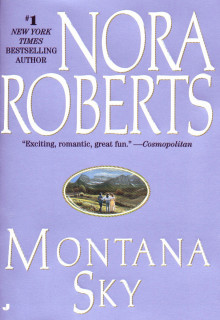 Montana Sky
Montana Sky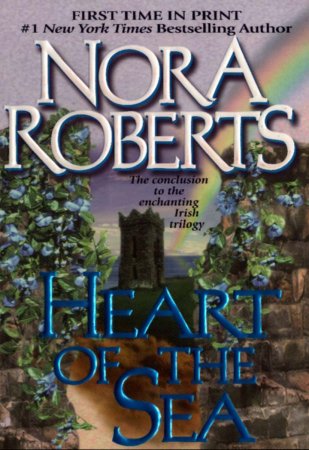 Heart of the Sea
Heart of the Sea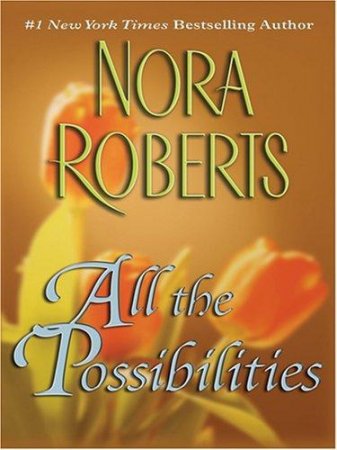 All The Possibilities
All The Possibilities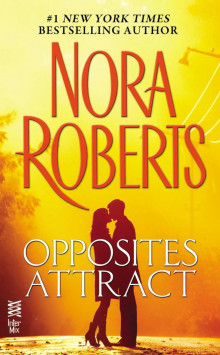 Opposites Attract
Opposites Attract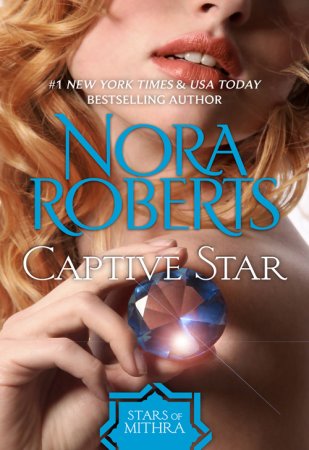 Captive Star
Captive Star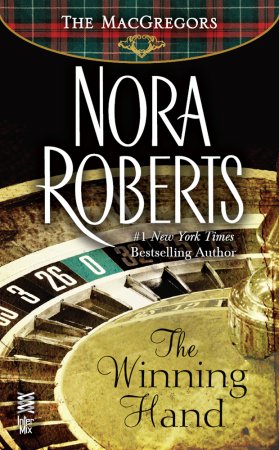 The Winning Hand
The Winning Hand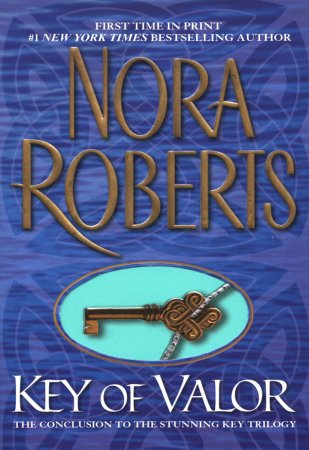 Key of Valor
Key of Valor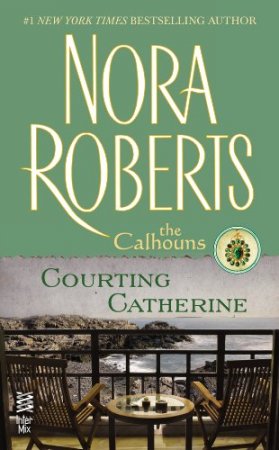 Courting Catherine
Courting Catherine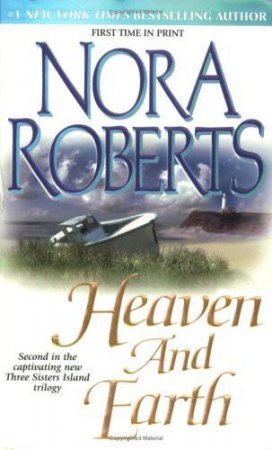 Heaven and Earth
Heaven and Earth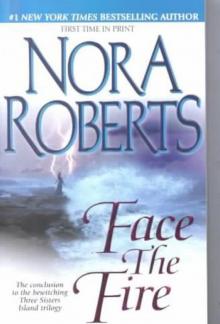 Face the Fire
Face the Fire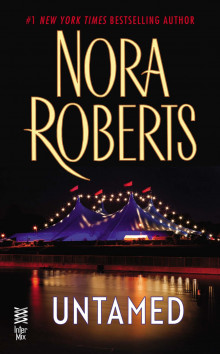 Untamed
Untamed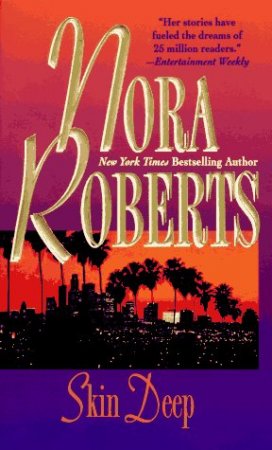 Skin Deep
Skin Deep Enchanted
Enchanted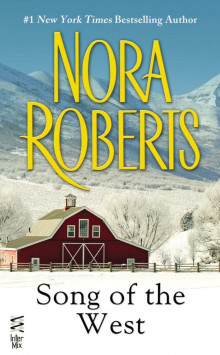 Song of the West
Song of the West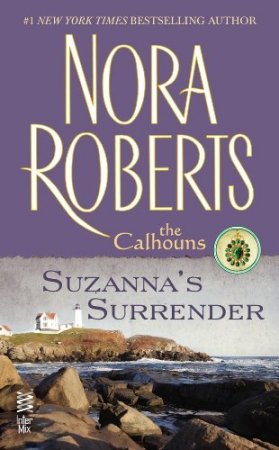 Suzanna's Surrender
Suzanna's Surrender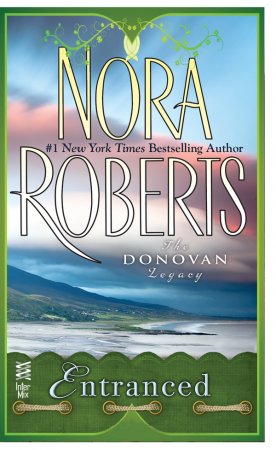 Entranced
Entranced Dance of the Gods
Dance of the Gods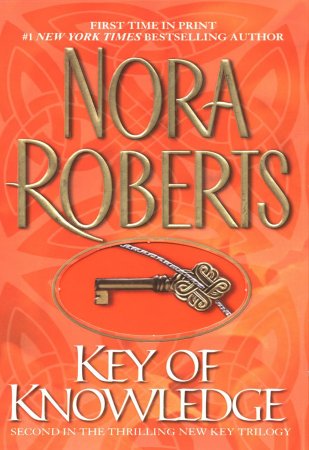 Key of Knowledge
Key of Knowledge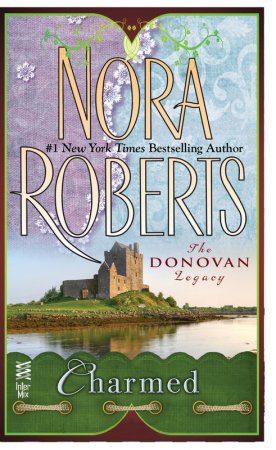 Charmed
Charmed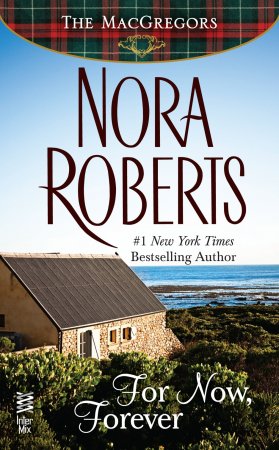 For Now, Forever
For Now, Forever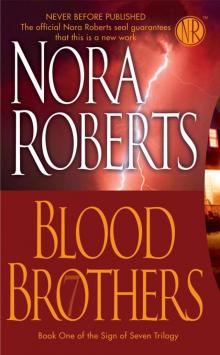 Blood Brothers
Blood Brothers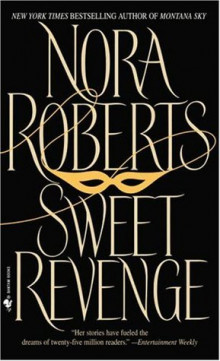 Sweet Revenge
Sweet Revenge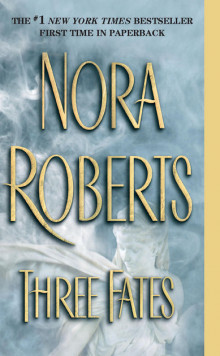 Three Fates
Three Fates Mind Over Matter
Mind Over Matter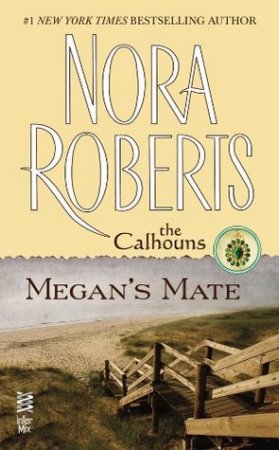 Megan's Mate
Megan's Mate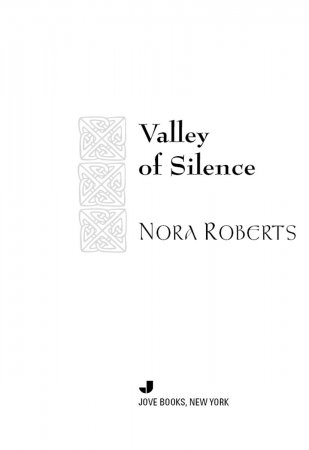 Valley of Silence
Valley of Silence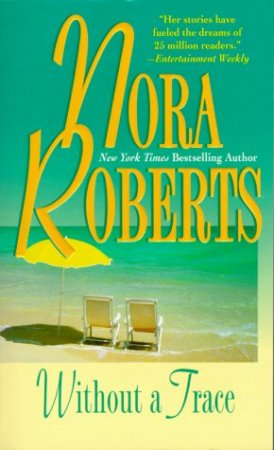 Without A Trace
Without A Trace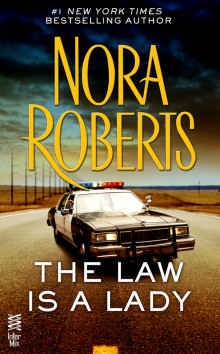 The Law is a Lady
The Law is a Lady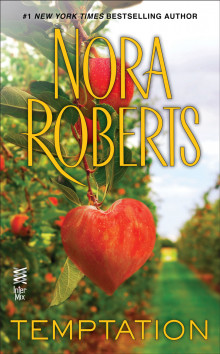 Temptation
Temptation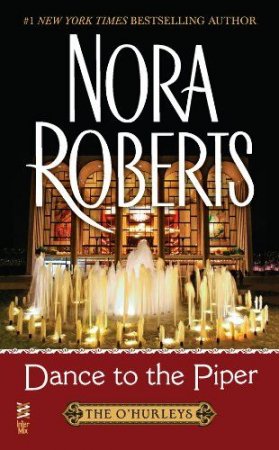 Dance to the Piper
Dance to the Piper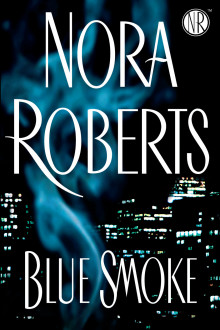 Blue Smoke
Blue Smoke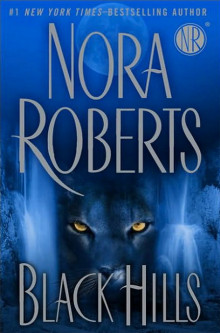 Black Hills
Black Hills The Heart's Victory
The Heart's Victory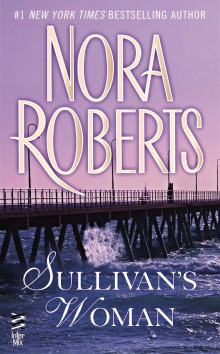 Sullivan's Woman
Sullivan's Woman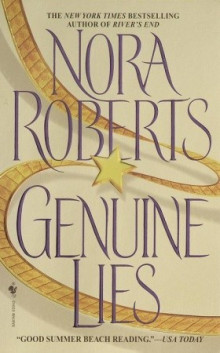 Genuine Lies
Genuine Lies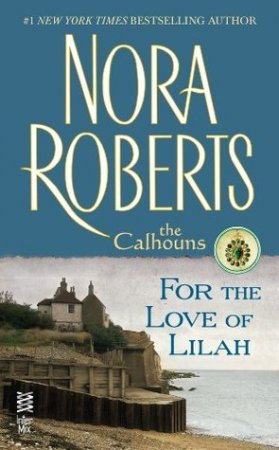 For the Love of Lilah
For the Love of Lilah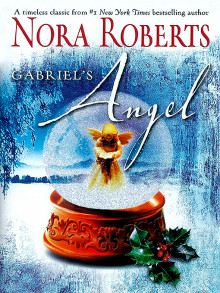 Gabriel's Angel
Gabriel's Angel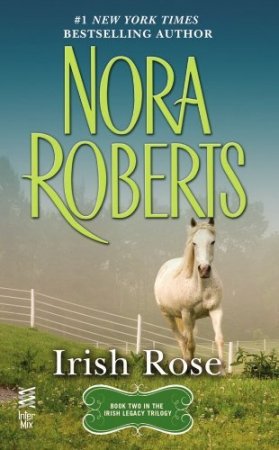 Irish Rose
Irish Rose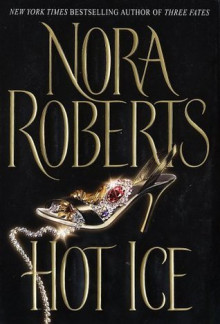 Hot Ice
Hot Ice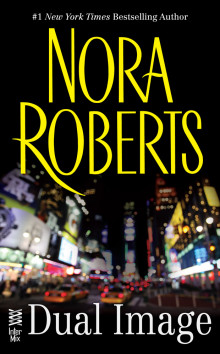 Dual Image
Dual Image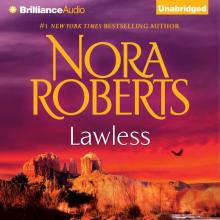 Lawless
Lawless Catch My Heart
Catch My Heart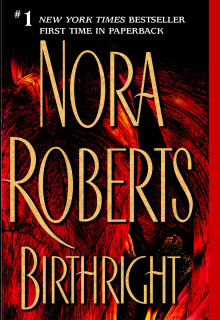 Birthright
Birthright First Impressions
First Impressions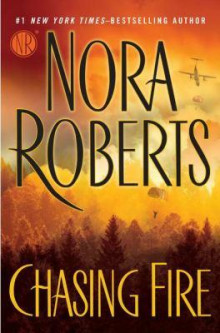 Chasing Fire
Chasing Fire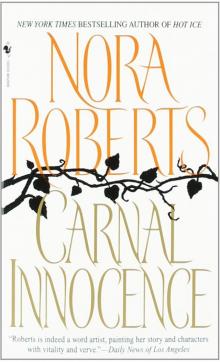 Carnal Innocence
Carnal Innocence Best Laid Plans
Best Laid Plans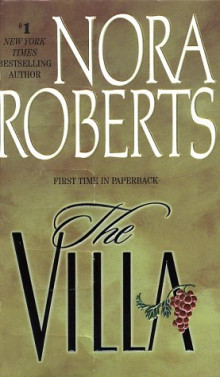 The Villa
The Villa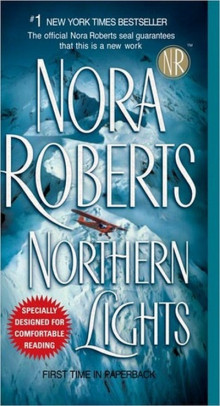 Northern Lights
Northern Lights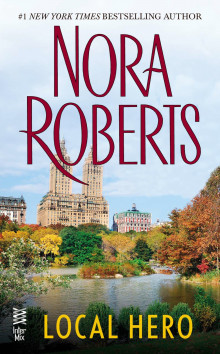 Local Hero
Local Hero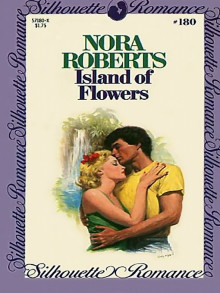 Island of Flowers
Island of Flowers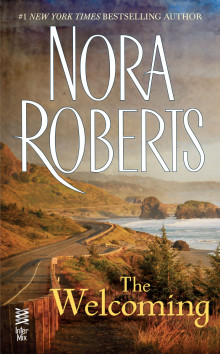 The Welcoming
The Welcoming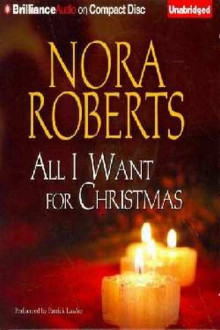 All I Want for Christmas
All I Want for Christmas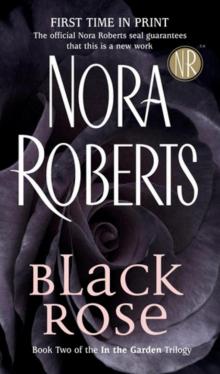 Black Rose
Black Rose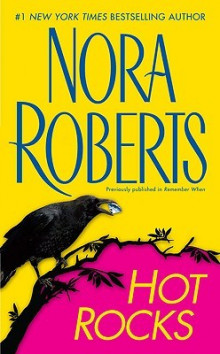 Hot Rocks
Hot Rocks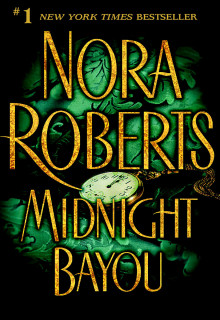 Midnight Bayou
Midnight Bayou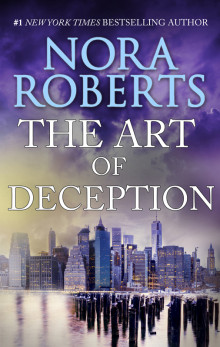 The Art of Deception
The Art of Deception From This Day
From This Day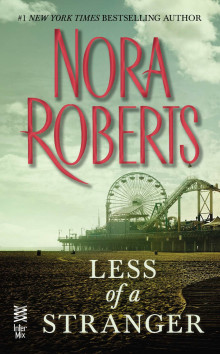 Less of a Stranger
Less of a Stranger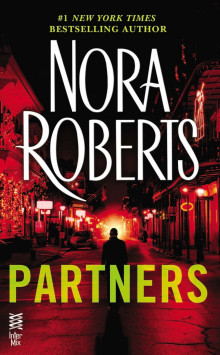 Partners
Partners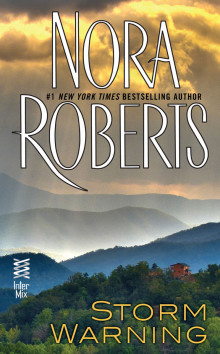 Storm Warning
Storm Warning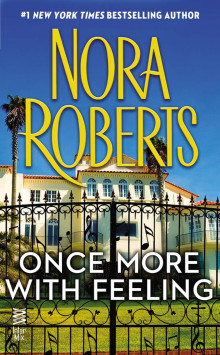 Once More With Feeling
Once More With Feeling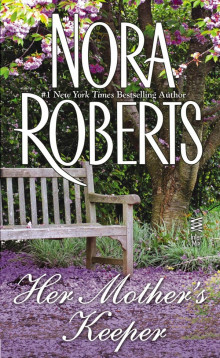 Her Mother's Keeper
Her Mother's Keeper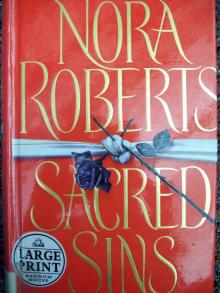 Sacred Sins
Sacred Sins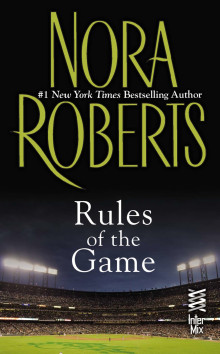 Rules of the Game
Rules of the Game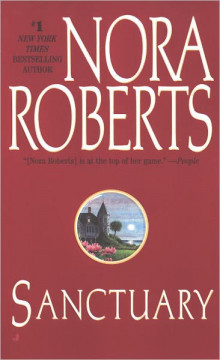 Sanctuary
Sanctuary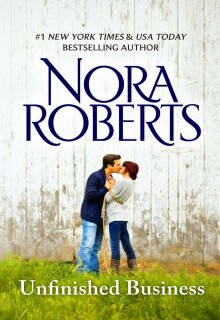 Unfinished Business
Unfinished Business Cordina's Royal Family Collection
Cordina's Royal Family Collection Dangerous Embrace
Dangerous Embrace One Summer
One Summer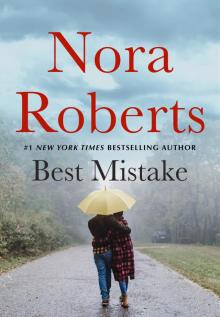 The Best Mistake
The Best Mistake Boundary Lines
Boundary Lines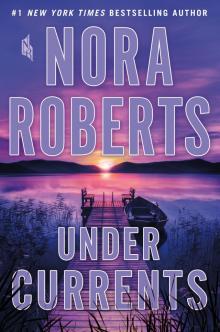 Under Currents
Under Currents The Stanislaski Series Collection, Volume 1
The Stanislaski Series Collection, Volume 1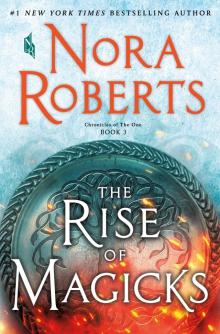 The Rise of Magicks
The Rise of Magicks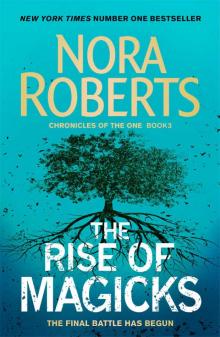 The Rise of Magicks (Chronicles of The One)
The Rise of Magicks (Chronicles of The One)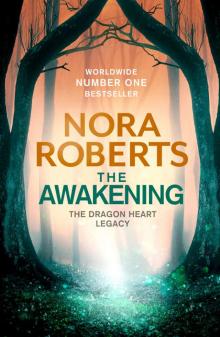 The Awakening: The Dragon Heart Legacy Book 1
The Awakening: The Dragon Heart Legacy Book 1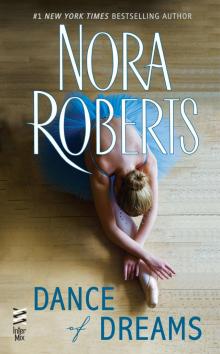 Dance of Dreams
Dance of Dreams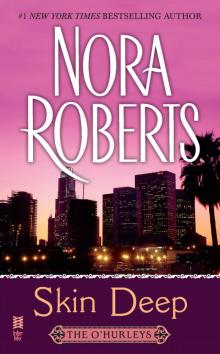 Skin Deep: The O'Hurleys
Skin Deep: The O'Hurleys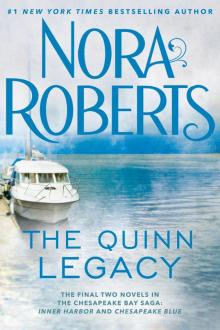 The Quinn Legacy: Inner Harbor ; Chesapeake Blue
The Quinn Legacy: Inner Harbor ; Chesapeake Blue![[Chronicles of the One 03.0] The Rise of Magicks Read online](http://i1.bookreadfree.com/11/chronicles_of_the_one_03_0_the_rise_of_magicks_preview.jpg) [Chronicles of the One 03.0] The Rise of Magicks
[Chronicles of the One 03.0] The Rise of Magicks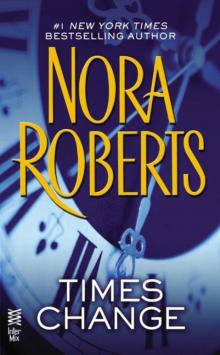 Times Change
Times Change Dance to the Piper: The O'Hurleys
Dance to the Piper: The O'Hurleys Christmas In the Snow: Taming Natasha / Considering Kate
Christmas In the Snow: Taming Natasha / Considering Kate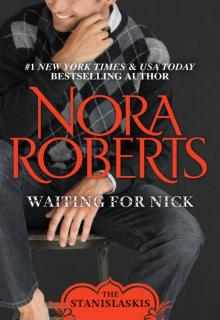 Waiting for Nick
Waiting for Nick Summer Desserts
Summer Desserts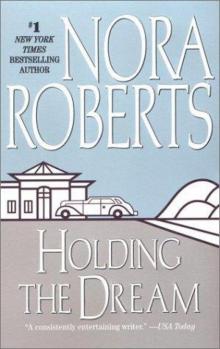 Dream 2 - Holding the Dream
Dream 2 - Holding the Dream The Novels of Nora Roberts, Volume 2
The Novels of Nora Roberts, Volume 2 In the Garden Trilogy
In the Garden Trilogy Eight Classic Nora Roberts Romantic Suspense Novels
Eight Classic Nora Roberts Romantic Suspense Novels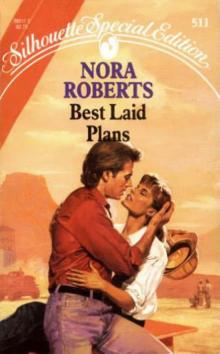 Best Laid Plans jh-2
Best Laid Plans jh-2 From the Heart
From the Heart Holiday Wishes
Holiday Wishes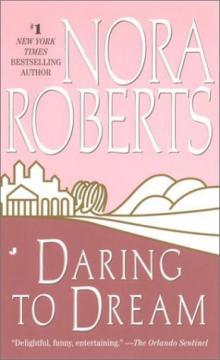 Dream 1 - Daring to Dream
Dream 1 - Daring to Dream Second Nature
Second Nature Summer Pleasures
Summer Pleasures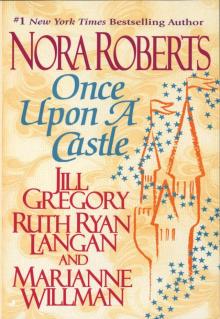 Once Upon a Castle
Once Upon a Castle Stars of Mithra Box Set: Captive StarHidden StarSecret Star
Stars of Mithra Box Set: Captive StarHidden StarSecret Star Impulse
Impulse The Irish Trilogy by Nora Roberts
The Irish Trilogy by Nora Roberts The Pride Of Jared Mackade tmb-2
The Pride Of Jared Mackade tmb-2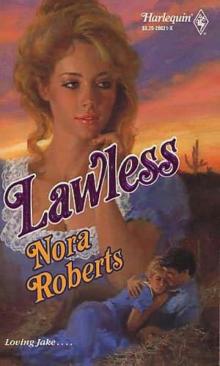 Lawless jh-3
Lawless jh-3 Taming Natasha
Taming Natasha Endless Summer
Endless Summer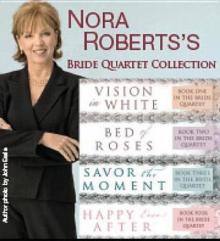 Bride Quartet Collection
Bride Quartet Collection Happy Ever After tbq-4
Happy Ever After tbq-4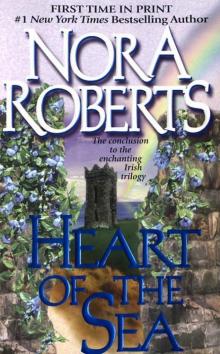 Heart Of The Sea goa-3
Heart Of The Sea goa-3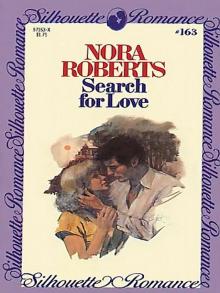 Search for Love
Search for Love Once upon a Dream
Once upon a Dream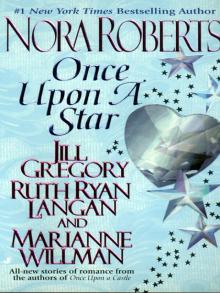 Once Upon a Star
Once Upon a Star Dream Trilogy
Dream Trilogy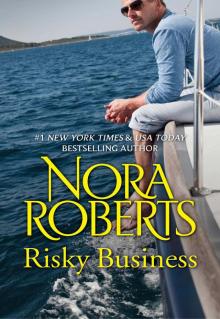 Risky Business
Risky Business The Novels of Nora Roberts, Volume 3
The Novels of Nora Roberts, Volume 3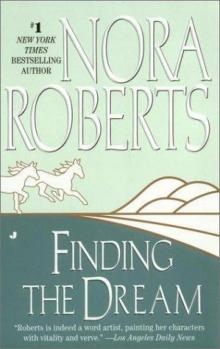 Dream 3 - Finding the Dream
Dream 3 - Finding the Dream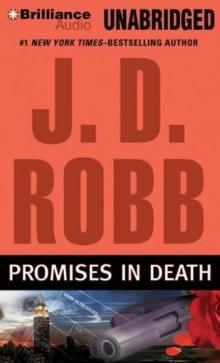 Promises in Death id-34
Promises in Death id-34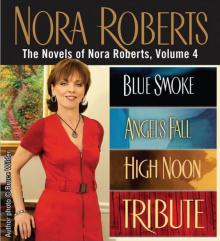 The Novels of Nora Roberts, Volume 4
The Novels of Nora Roberts, Volume 4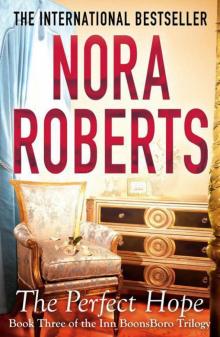 The Perfect Hope ib-3
The Perfect Hope ib-3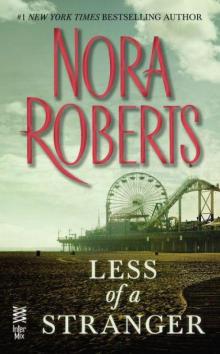 Less than a Stranger
Less than a Stranger Savour the Moment: Now the Big Day Has Finally Arrived, It's Time To...
Savour the Moment: Now the Big Day Has Finally Arrived, It's Time To... Convincing Alex
Convincing Alex Bed of Roses tbq-2
Bed of Roses tbq-2 Savour the Moment tbq-3
Savour the Moment tbq-3 Lessons Learned
Lessons Learned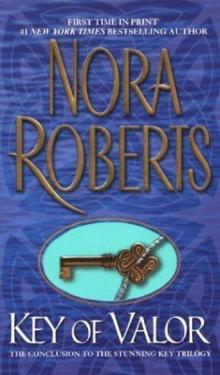 Key Of Valor k-3
Key Of Valor k-3 Red lily gt-3
Red lily gt-3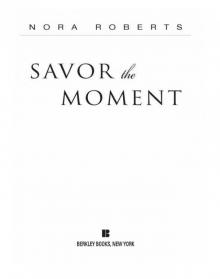 Savor the Moment
Savor the Moment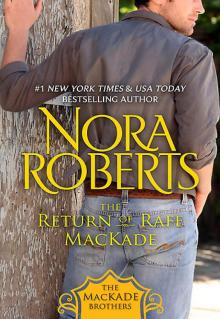 The Return Of Rafe Mackade tmb-1
The Return Of Rafe Mackade tmb-1 For The Love Of Lilah tcw-3
For The Love Of Lilah tcw-3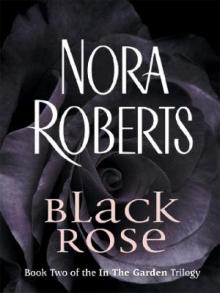 Black Rose gt-2
Black Rose gt-2 Novels: The Law is a Lady
Novels: The Law is a Lady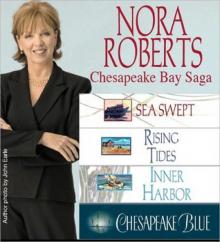 Chesapeake Bay Saga 1-4
Chesapeake Bay Saga 1-4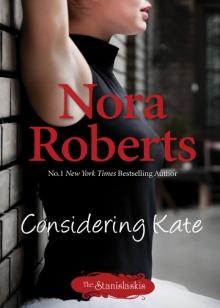 Considering Kate
Considering Kate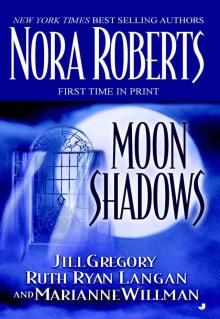 Moon Shadows
Moon Shadows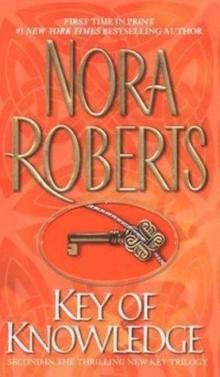 Key of Knowledge k-2
Key of Knowledge k-2 The Sign of Seven Trilogy
The Sign of Seven Trilogy Once Upon a Kiss
Once Upon a Kiss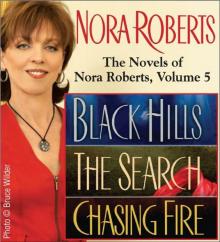 The Novels of Nora Roberts, Volume 5
The Novels of Nora Roberts, Volume 5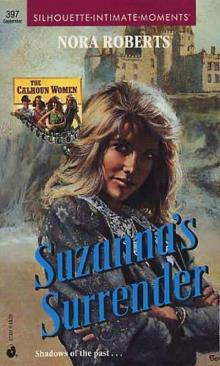 Suzanna's Surrender tcw-4
Suzanna's Surrender tcw-4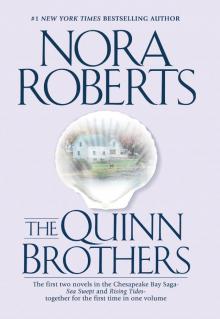 The Quinn Brothers
The Quinn Brothers Falling for Rachel
Falling for Rachel Brazen Virtue
Brazen Virtue Time Was
Time Was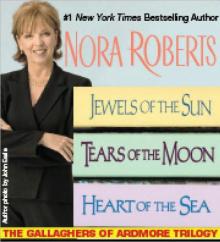 The Gallaghers of Ardmore Trilogy
The Gallaghers of Ardmore Trilogy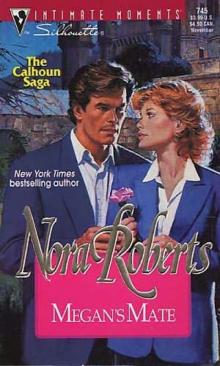 Megan's Mate tcw-5
Megan's Mate tcw-5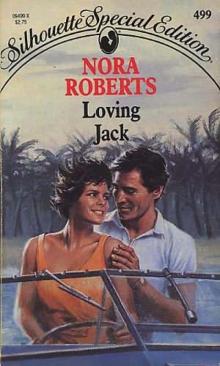 Loving Jack jh-1
Loving Jack jh-1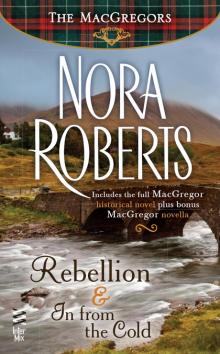 Rebellion & In From The Cold
Rebellion & In From The Cold Blue Dahlia gt-1
Blue Dahlia gt-1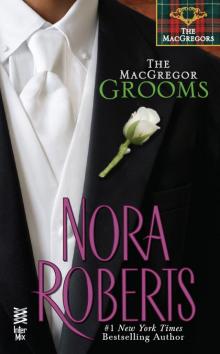 The MacGregor Grooms
The MacGregor Grooms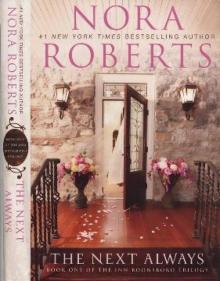 The Next Always tibt-1
The Next Always tibt-1 The Heart Of Devin Mackade tmb-3
The Heart Of Devin Mackade tmb-3 The Novels of Nora Roberts Volume 1
The Novels of Nora Roberts Volume 1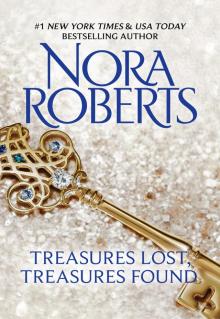 Treasures Lost, Treasures Found
Treasures Lost, Treasures Found Nora Roberts's Circle Trilogy
Nora Roberts's Circle Trilogy The Key Trilogy
The Key Trilogy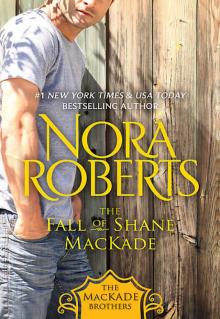 The Fall Of Shane Mackade tmb-4
The Fall Of Shane Mackade tmb-4 A Will And A Way
A Will And A Way Jewels of the Sun goa-1
Jewels of the Sun goa-1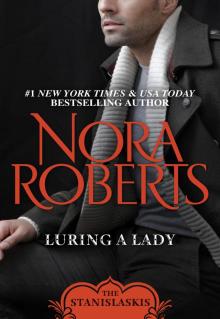 Luring a Lady
Luring a Lady